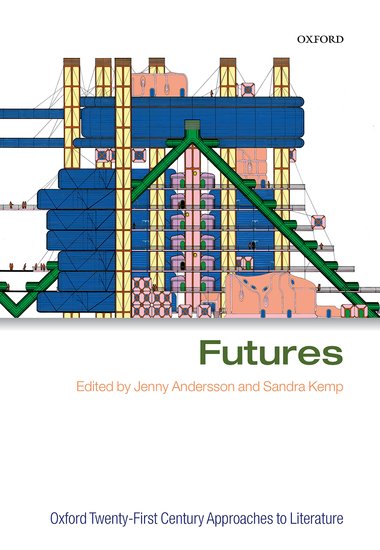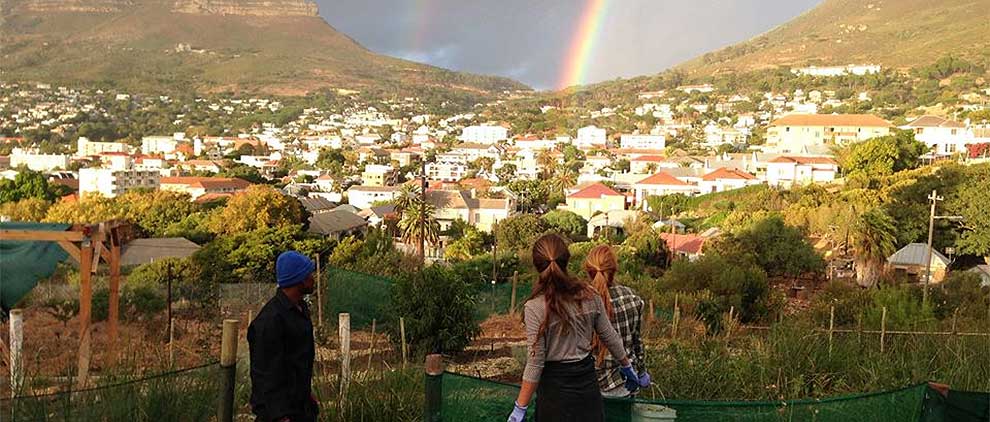Standfirst
Science fiction can help get Africa back on the map
Positive narratives from Africa rarely appear in stories about the future. Can African futurism help change things?
- African narratives rarely appear in stories about the future
- African speculative and science fiction could help create more diverse and relevant stories about the future, helping steer us onto more sustainable and desirable trajectories for people and the planet
- These broader conceptions of African futures could form an alternative model for current Western climate and environmental scenarios
WHERE IS AFRICA? Africa is absent from the future. Dystopian or utopian, there is nearly always a continent-sized hole in the story. And when it does appear, Africa often ends up epitomizing a failed or incomplete example of a Global North ideal.
However, based on current global trends, the future will be unashamedly African. By 2050, 40% of all children will be in Africa. What’s more, mass displacement due to rising sea level and changes in disease geography might see a future for Europe and North America that is not too dissimilar from Africa’s present.
So what does this mean for the way we’re planning for the future, and how can African science fiction help?
In a chapter in a new book called Futures, centre researchers Laura Pereira and Odirilwe Selomane, together with a team of South African researchers discuss Afrofuturism and Africanfuturism as a way to decolonize the future, suggesting that such creative production from Africa could help create more diverse and internationally relevant stories about the future.
Their approach also explores how these broader conceptions of futures can form an alternative model to current Western climate and environmental scenarios, such as those used by the International Panel on Climate Change (IPCC).
African narratives, emerging from Africa, and not just about Africa, are crucial for diversifying the set of possible global futures that are imaginable.
Laura Pereira, chapter lead author
Decolonizing the future
Narrative scenarios are widely utilized as the underpinning storylines that inform the quantitative models forecasting social and environmental change.
For a long time only a few northern narratives dominated—about what is consumed and how, what to strive for in life, what futures to aspire to, and what to fear.
“Rather than simply bolstering Western perspectives, scenario processes provide an important opportunity to decolonize the future,” says Pereira.
The authors use Zoo City by Lauren Beukes as an example of Anthropocene fiction told through a decidedly African lens. The novel is an alternative version of Johannesburg, where people who have committed a crime are magically attached to an animal familiar.
The story is deeply rooted in animism and local tradition, and humans must navigate their lives in light of the animals to which they are tied. This is a reference to a ‘critical post-humanism’ interpretation of the Anthropocene where nature and culture do not exist independently.
A starting point for global learning
Pereira and her colleagues argue that cultivating more of this kind of futurism from Africa shifts focus away from the power of external forces and towards homegrown risks and solutions—“an Afrocentricity that is absent in almost all academic imaginings of the future”.
“It is crucial to see Africanfuturist thought as a starting point for global learning, especially given the likely dystopian futures of northern regions that currently enjoy relative stability and prosperity," they conclude.









